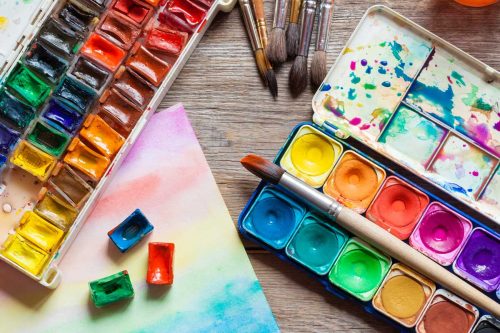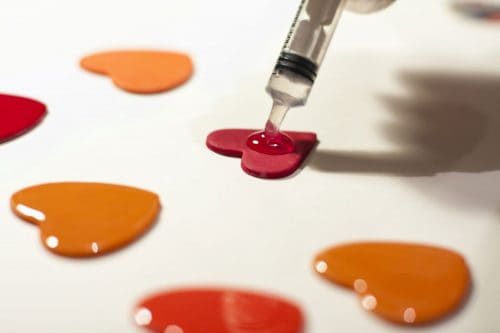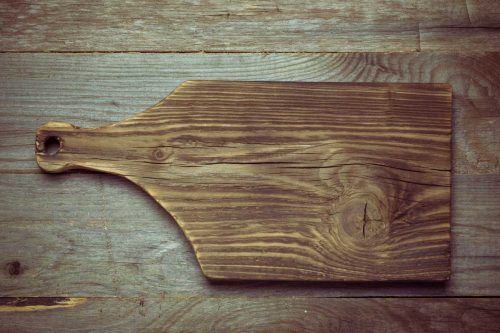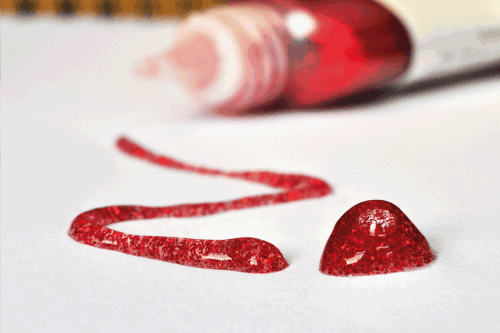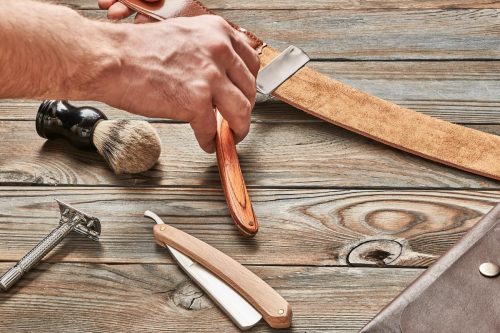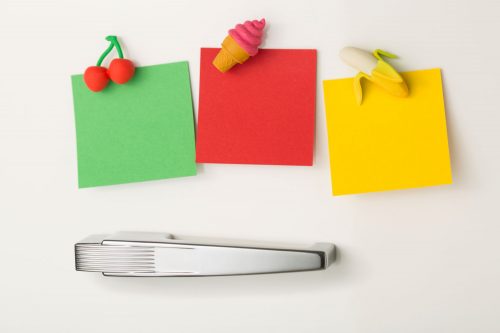Polymer clay is a popular way to craft your own figurines and decorations. It's more durable than other kinds of clay and doesn't break easily. This obviously might inspire a crafter to consider using it for projects outdoors. But is it safe for outside - specifically, can polymer clay get wet? We've checked with polymer clay makers for the specific usage directions to put your mind at ease.
Polymer clay, especially once cured, isn't bothered by water. It won't hold or absorb water - you can wash it, wet it, and even leave it outside. Some crafters have even used it to make aquarium decorations - that's how wet it can get!
Read more to learn everything you need to know about polymer clay and water. Does water work to smooth out the surface, or is there a better option? How do you wash it? If you're going to use it outside, should you at least seal it first? Keep reading, because this article will cover all that and more!
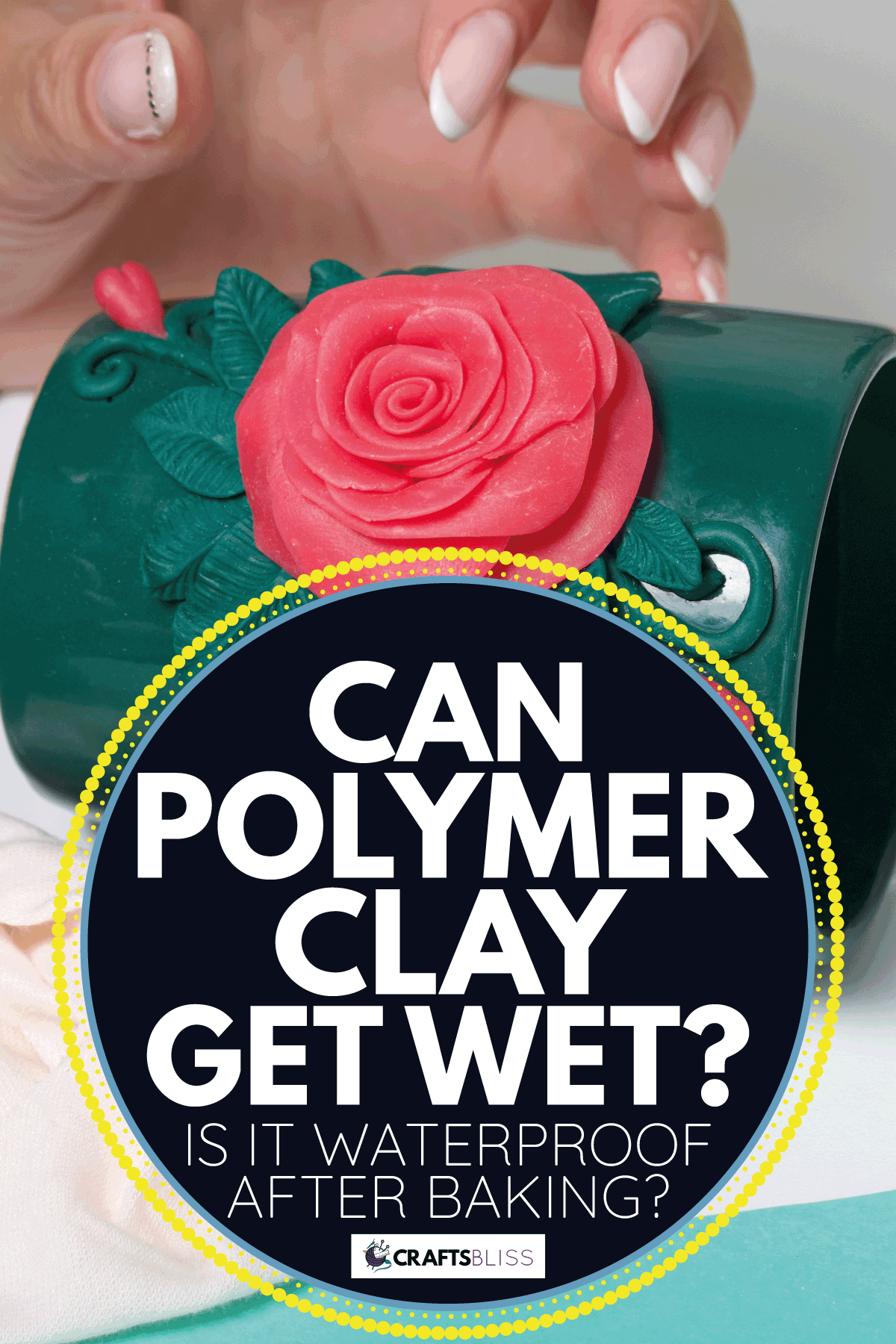
Can Polymer Clay Be Used Outdoors?
Many people who regularly use polymer clay are big fans of using it outside. It's waterproof and durable. It isn't prone to fading, though long periods of extreme direct sunlight will eventually cause a change in coloring.
Polymer clay isn't like other kinds of clay. It's a man-made product comprised of mostly polymers and resins. The basis is PVC resin and a liquid plasticizer. Once cured, it's actually a kind of plastic.
If you want to use polymer clay to make a large outdoor project, you can save yourself some money by using a filler on the inside. For example, aluminum foil is common. Ball it up and apply the clay on the outside. It will look the same but take a lot less clay and cash.
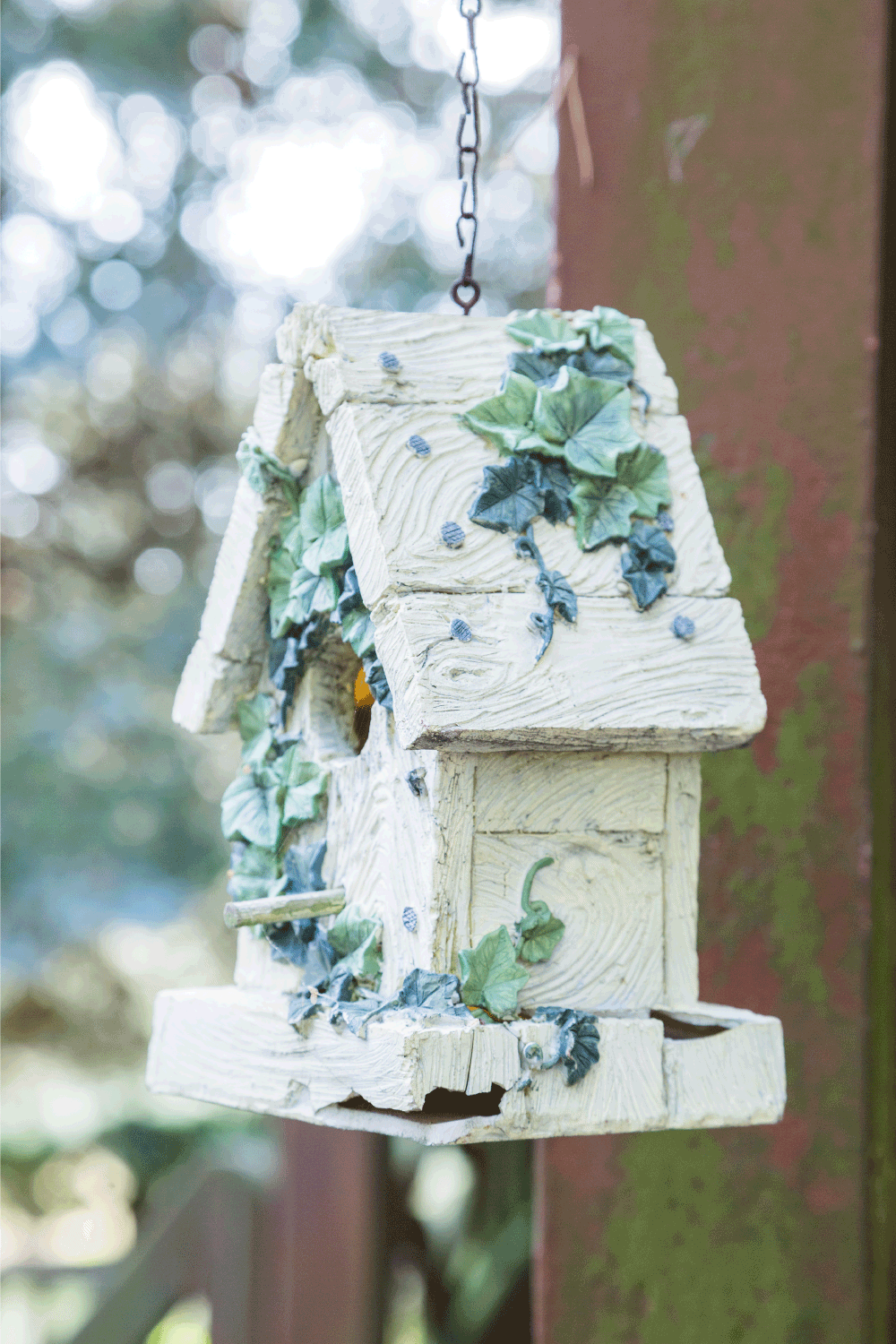
Does Polymer Clay Need To Be Sealed?
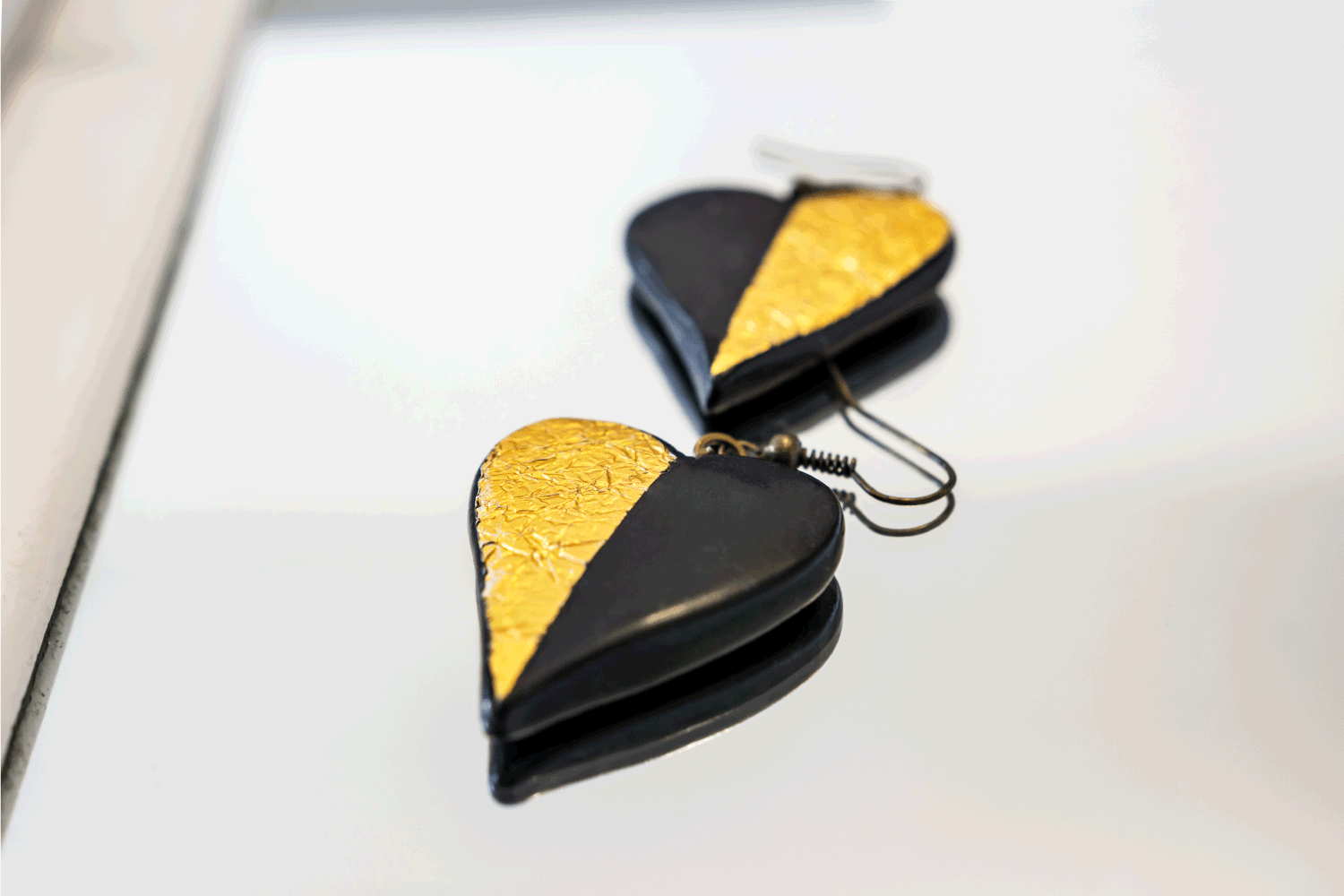
Is Polymer Clay Toxic?
After reading so much about the materials that make up polymer clay, you might be wondering if it is safe to use. But polymer clay is perfectly safe, even around kids. Small children should not use it for crafting on their own, simply because they might ingest it. It's safe but not edible!
Even when it is baked in the oven, there are no toxic fumes released. There is a slight odor, and you should keep the room well ventilated, but it is safe. Just follow the directions and do not cook it too hot. While the fumes aren't toxic, they can still be potentially irritating if you burn your craft.
And when you cook polymer clay as directed, you do not need to clean your oven afterward. There is no reason to worry about tainted food. If you maintain the proper procedure for curing polymer clay, there is no release of toxic chemicals.
It is also recommended that you don't use polymers for eating utensils. You can use it near food. For example, it is fine to add decorative features to a mug. But do not apply polymer clay to the surface that comes in contact with actual food.
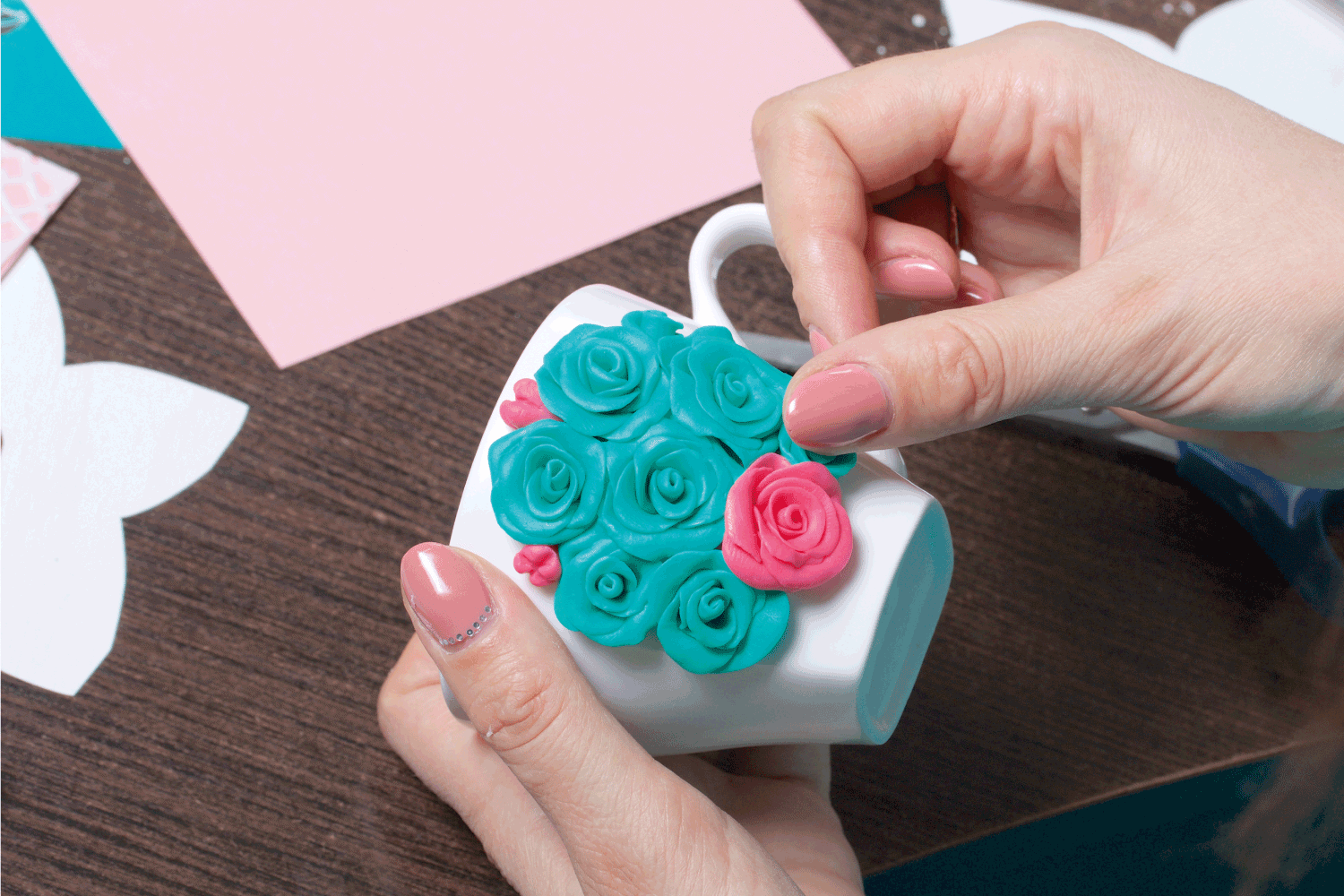
Can You Use Water To Smooth Polymer Clay?
Polymer clay is not porous, so it does not really hold or absorb water. You can use a wet brush to apply water and gently smooth the surface of the clay. However, this isn't terribly effective - it will only remove minor imperfections.
Rubbing Alcohol & Water
For more dramatic results, use rubbing alcohol instead. Or, you can always split the difference - dilute the alcohol with water. Water is the least aggressive, and pure alcohol is the most, so try different water ratios to alcohol until you get the results you desire.
If your only issue is fingerprints, a baby wipe or alcohol wipe might be enough to do the trick. For future projects, consider wearing latex gloves to avoid fingerprints altogether.
Wet-dry Sandpaper
Another alternative is sanding. After the clay has baked and cured, you can gently sand away the surface until it has the desired look. Use wet-dry sandpaper. Always start with the lowest grit, typically 220. Move up to higher grit sandpapers, 320, 400, 600, etc., until the results are satisfactory. But don't skip stages - for example, don't use 220 grit sandpaper, and next 1,000 grit. This can actually gouge, chip, and damage your piece.
Click here to see this assortment of sandpaper on Amazon.
Can You Wash Polymer Clay?
Polymer clay is oil-based, not water-based. This means that it is safe to hand-wash once it has been cured. But avoid cleaning it in the dishwasher. While the water is safe, the heat from the machine may not be. And, of course, always use a lint-free cloth to dry it off to keep you from ending up with a very fuzzy piece of work.
In Summary
Polymer clay is different than natural clays. It is a man-made product that uses PVC resin and a liquid plasticizer as its base. This means that it is durable and water-proof, and actually, a kind of plastic once cured. For this reason, it is popular among crafters for outdoor projects. It is safe to leave out, even in the rain.
It does not need to be sealed - in fact, any sealers that you use will probably break down before the polymer itself does. Also, many sealers react negatively with the chemicals in the polymer, so either avoid them or test them carefully first. Happy crafting!


